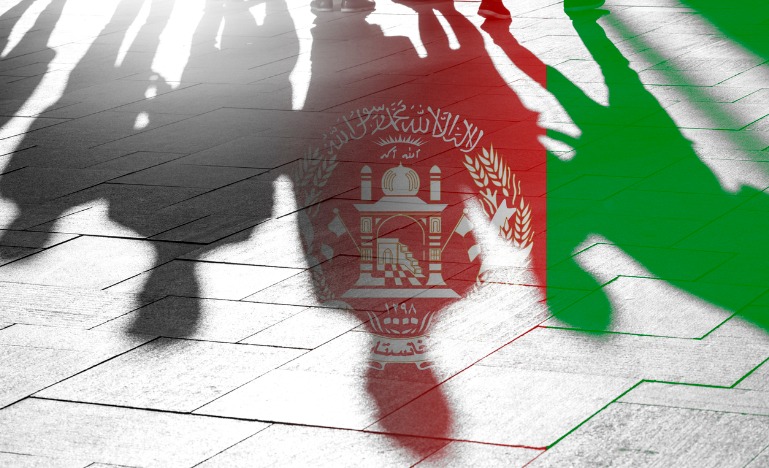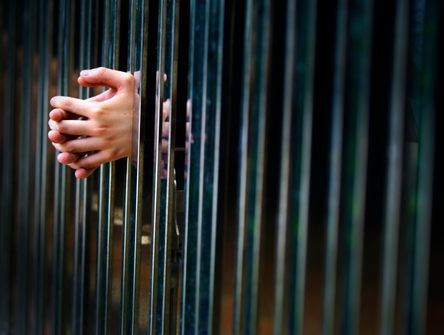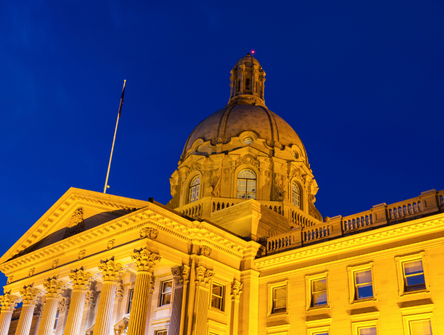How we can do better for Afghan nationals
Existing measures to bringing them to Canada are insufficient, too restrictive, and encumbered by delays. And there are better ways.

In Afghanistan, a woman hides in a safehouse with her children. She used to be a political activist; now, she’s on the run from the Taliban. The man who owns the safehouse wants her to marry her 10-year-old daughter to his 20-something son. Does she have a choice?
Another Afghan woman desperately wants to flee the country, but her daughter is disabled, and she can’t get the medication she needs. Meanwhile, a family hides in a Kabul hovel with a huge hole in the outside wall — they haven’t gone outside in weeks. What choice do they have?
All over Canada, immigration lawyers are fielding frantic pleas for help from Afghans hoping to come here. Some have made it to third countries. Some, fearing capture and murder by the Taliban, are still in hiding in Afghanistan. All are losing hope.
“I get eight to ten emails a week from people like this,” said Halifax-based immigration lawyer Thiago Buchert. “Judges, lawyers, journalists. Some of them are in hiding because the people they put in prison for domestic violence were freed by the Taliban and are looking for payback. And I can’t tell them anything they can use.”
In August, the federal Liberals made a campaign promise to resettle at least 20,000 Afghan refugees in Canada. After Prime Minister Justin Trudeau’s re-election in September, the target was raised to 40,000.
But to people working in immigration law, the target is almost meaningless because the government is in no position to meet it — not even under the extended two-year timeline offered recently by Immigration Minister Sean Fraser.
“We have to be cautious about cynicism,” said Arvin Afzali, an immigration lawyer and founder of Auxilium Law in Toronto. “Yes, the federal government has been slow to implement a program, but it is working on one.
“But the logistics are not there yet and there’s nothing we can tell the people asking us for help.”
Recently, the Canadian Bar Association’s Immigration Law Section sent a six-page letter to Fraser calling on him to rewrite the rules for Afghan refugees.
Step one, says the CBA Immigration Law Section, is to waive the regulatory requirement that Afghans seeking resettlement in Canada through private refugee sponsorship first obtain formal refugee status.
“That’s what we did for the Syrians,” said Lisa Middlemiss, an immigration lawyer with Gomberg Dalfen in Montreal. “If Ottawa is really worried about opening the floodgates, it could cap the intake. Too many people are living with targets on their backs.”
Afghans who can’t escape the country can’t be declared refugees. Those who do make the dangerous journey to a third country like Pakistan or Iran face a different set of obstacles to obtaining refugee status: multi-year application timelines, crowded and foul detention camps, government indifference (even hostility).
Afghans in Pakistan report being bounced between Immigration, Refugees and Citizenship Canada and the United Nations High Commissioner for Refugees — with IRCC telling them they have to apply for refugee status through the UNHCR and the UNHCR sending them back to the Canadian embassy.
“There are problems with the way IRCC is communicating with Afghans,” said Middlemiss. “They’re giving them vague, boilerplate responses. It just feels like you’re up against this bureaucracy that’s not attentive to what is actually happening on the ground.”
The CBA letter calls on Fraser’s department to better communicate with Afghan refugee applicants, “to provide meaningful, individualized responses in each case.”
It calls for a less rigid application of the eligibility rules for sponsorship under the Family Class category, to allow extended family members into the queue. It calls on IRCC to “exercise flexibility and compassion” when it considers applications for temporary resident visas and temporary resident permits “from those Afghans who do not qualify for refugee resettlement,” and to “elevate priority for the processing of those applications.”
“The government could allow IRCC staff to introduce humanitarian oversight to the guidelines — to consider someone looking to sponsor someone who is not an immediate family member, for example,” said Middlemiss.
“And while the department says it is prioritizing Afghan cases, it’s not clear that’s actually happening.”
Everything the CBA recommends is practical, even obvious. Will any of it happen? An all-party Commons committee examining Canada’s response to the Taliban takeover and the refugee crisis starts work this month; it might intensify pressure on the Trudeau government to speed things up.
But Afzali said he fears Canadians — distracted by another pandemic wave and economic anxiety — just aren’t paying attention.
“Immigration is not a priority topic with Canadians right now,” he said. “Afghanistan is just not on top of their mind.
“The optimist in me believes that if we take this seriously, we can get up to speed and hit the target within a reasonable time frame. But if there is no plan early in the new year, it’s just not feasible.”
In the meantime, immigration lawyers and IRCC staff working on the Afghan refugee file are operating under a heavy burden. “[IRCC] resources are already strained,” said Middlemiss. “Their people are being contacted by people in the most desperate circumstances.” The CBA Immigration Law Section launched the Afghanistan pro bono initiative in September 2021.
Buchert acknowledges the stress felt by lawyers who want to help but can’t. Worse still, he said, is the knowledge that what they’re feeling “pales in comparison” with the terror and despair experienced by ordinary Afghans who can see the window to safety closing on them.
“These Afghan women — and the vast majority of them are women — they’re heroes,” he said. “They’re the ones who heeded the call when Canada went into Afghanistan, who became judges and journalists and lawyers to try to remake their country.
“They put themselves out there and made personal sacrifices. And that’s all being turned against them now.”


